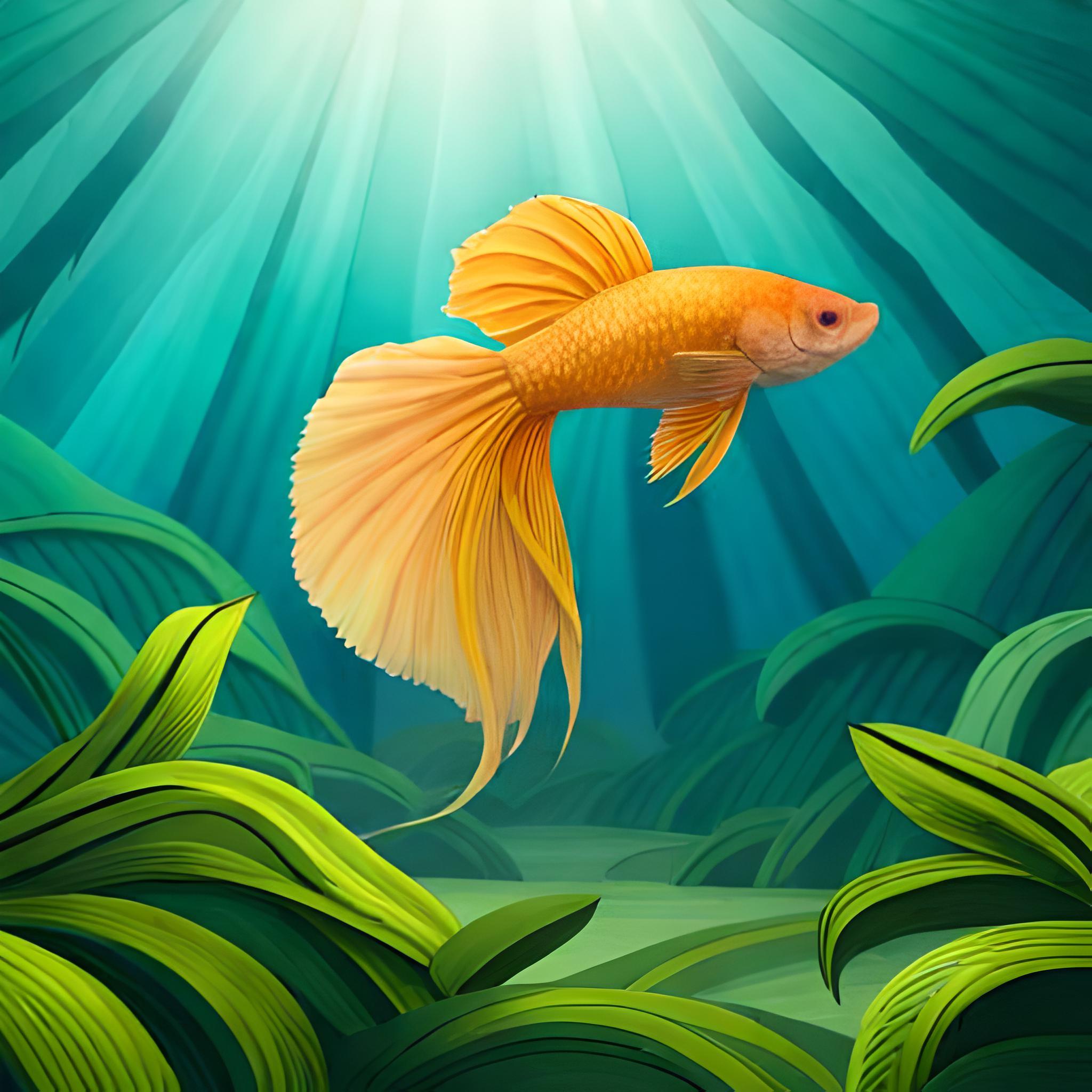
How To Keep Your Betta Happy And Healthy

Betta Fish Care: How to Keep Your Betta Happy and Healthy
Betta fish are beautiful and popular aquarium fish. They are relatively easy to care for, but there are a few things you need to do to keep them happy and healthy. We will answer some common questions about betta fish care, their environment, toys, and tank mates.
Do betta fish need a filter?
Yes, betta fish need a filter. A filter will help to keep the water clean and free of ammonia and other harmful toxins. Betta fish are very sensitive to changes in water quality, so it is important to have a filter that is properly sized for your tank.
The best type of filter for a betta fish tank is a sponge filter. Sponge filters are gentle on fish fins and they do not produce a lot of current, which can stress out betta fish. You can find sponge filters at most pet stores.
Do betta fish need a heater?
Yes, betta fish need a heater. Betta fish are tropical fish and they prefer water temperatures between 75 and 80 degrees Fahrenheit. If the water temperature gets too cold, your betta fish can become sick.
A good quality heater will keep the water temperature in your tank stable. Look for a heater that has a thermostat and that is rated for the size of your tank.
What are some betta fish toys?
There are a variety of toys available for betta fish. Some popular toys include betta fish balls, betta fish logs, and betta fish hammocks. These toys can help to keep your betta fish entertained and provide them with some enrichment.
Betta fish balls are hollow plastic balls that float on the surface of the water. They are filled with small food pellets that your betta fish can eat. Betta fish logs are made of wood or plastic and they provide a place for your betta fish to hide. Betta fish hammocks are made of fabric or mesh and they hang from the side of the tank. They provide a place for your betta fish to rest.
Do betta fish get lonely?
Betta fish are not social animals and they do not need tank mates. In fact, keeping two betta fish together can often lead to aggression. If you want to keep more than one betta fish, it is best to keep them in separate tanks.
Betta fish are solitary creatures and they prefer to be by themselves. If you keep two betta fish together, they will likely fight. This can stress out the fish and make them sick.
Can betta fish live with goldfish?
No, betta fish should not live with goldfish. Goldfish are cold-water fish and they require different water conditions than betta fish. Keeping a betta fish with a goldfish can stress the betta fish out and make them sick.
Goldfish are cold-water fish and they prefer water temperatures between 65 and 75 degrees Fahrenheit. Betta fish are tropical fish and they prefer water temperatures between 75 and 80 degrees Fahrenheit. These different temperature requirements can make it difficult to keep a betta fish and a goldfish together in the same tank.
Betta fish plants
Live plants can provide a number of benefits for betta fish. They can help to improve water quality, provide hiding places, and give your betta fish something to explore. Some popular live plants for betta fish include anubias, java fern, and water sprite.
Live plants help to improve water quality by absorbing ammonia and other harmful toxins. They also provide hiding places for your betta fish, which can help to reduce stress. Betta fish like to explore their surroundings, and live plants provide them with something to do.
Do betta fish like light?
Betta fish do like light. However, they do not need bright, direct light. A low-light or indirect light source will be sufficient. Too much light can stress your betta fish out and make them sick.
Betta fish are tropical fish and they are used to living in areas with plenty of sunlight. However, too much direct sunlight can be harmful to your betta fish. It is important to provide your betta fish with a light source that is not too bright.
Do betta fish need light?
Yes, betta fish need light. Light is necessary for photosynthesis, which is the process by which plants produce food. Plants provide a number of benefits for betta fish, including improving water quality, providing hiding places, and giving your betta fish something to explore. Without light, the plants will not be able to photosynthesize and they will eventually die. This can lead to a decline in water quality and make your betta fish sick.
Betta fish decor
When choosing decor for your betta fish tank, it is important to select items that are safe for your fish. Avoid sharp objects or anything that could trap your betta fish. Some popular betta fish decor items include rocks, driftwood, and plants.
Rocks and driftwood can provide hiding places for your betta fish and they can also help to improve water quality by absorbing ammonia and other harmful toxins. However, it is important to choose rocks and driftwood that are smooth and free of sharp edges. Otherwise, they could injure your betta fish.
Plants are another great option for betta fish decor. Plants provide hiding places for your betta fish and they also help to improve water quality by absorbing ammonia and other harmful toxins. Some popular live plants for betta fish include anubias, java fern, and water sprite.
When choosing plants for your betta fish tank, it is important to select plants that are suitable for the water conditions in your tank. Some plants are more tolerant of changes in water quality than others. It is also important to choose plants that are not too large for your tank. Otherwise, they will take up too much space and they may not be able to photosynthesize properly.
How to tell if a betta fish is happy
There are a few things you can look for to tell if your betta fish is happy. A happy betta fish will be active and alert. They will also be interested in their surroundings and will explore their tank. If your betta fish is hiding or seems lethargic, it may be a sign that they are not happy.
Here are some of the signs that your betta fish is happy:
- They are active and swim around their tank frequently.
- They are interested in their surroundings and explore their tank.
- They are not aggressive towards other fish or tank mates.
- They eat their food readily.
- They have bright, vibrant colors.
- They have healthy fins and scales.
If you notice any of the following signs, it may be a sign that your betta fish is not happy:
- They are hiding or spending a lot of time at the bottom of the tank.
- They are not interested in their surroundings and do not explore their tank.
- They are aggressive towards other fish or tank mates.
- They are not eating their food.
- They have dull, faded colors.
- They have damaged fins or scales.
If you notice any of these signs, it is important to take steps to improve your betta fish's environment. This may include making changes to the water conditions, adding more plants or hiding places to the tank, or providing your betta fish with more enrichment.
Conclusion
Betta fish are beautiful and rewarding pets. By following the tips in this article, you can help ensure that your betta fish lives a long and healthy life.
